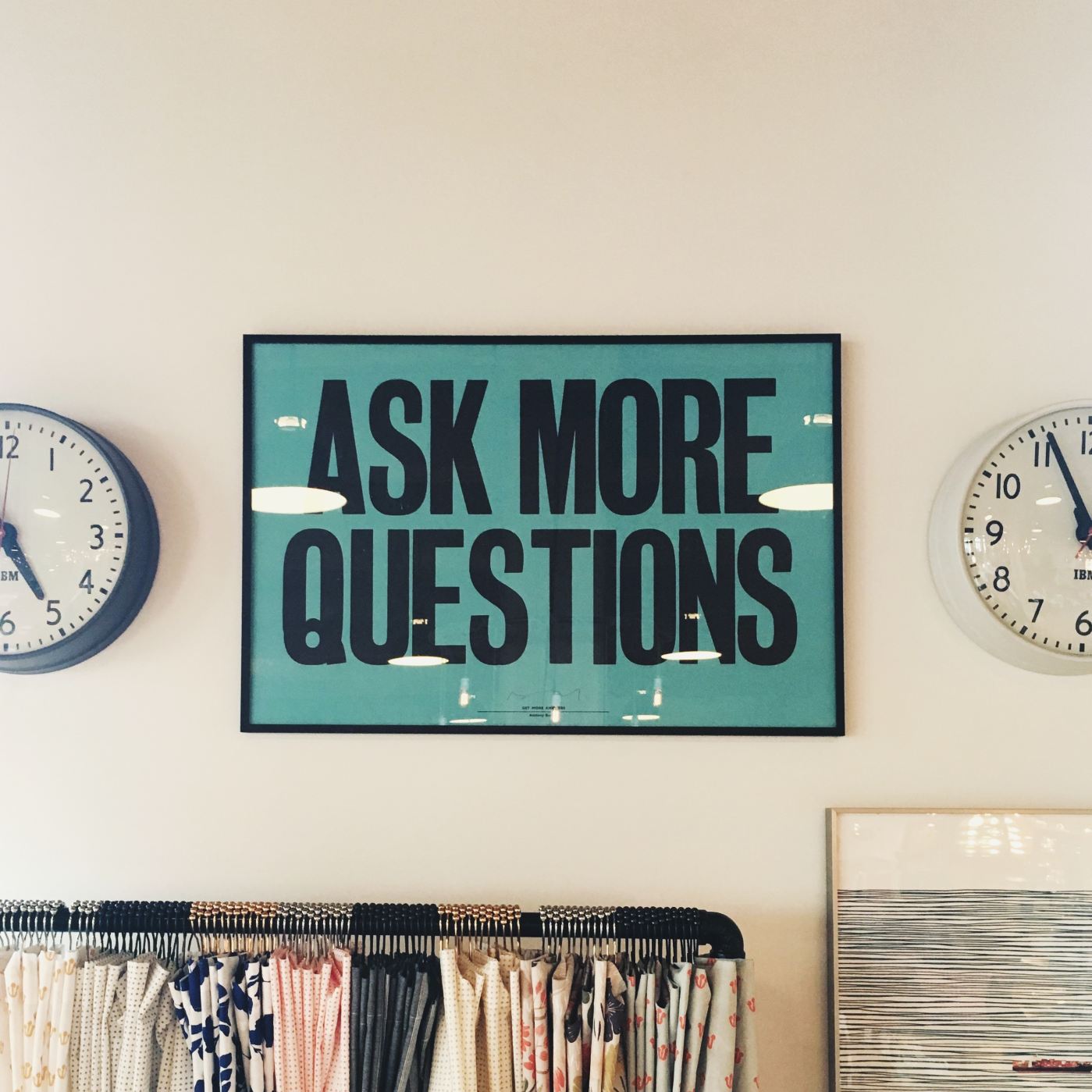Every year, one of the first tips I give my students for success is “cultivate self-reflective study habits.” I’ve found the higher the level of study and life experience, the more this tip applies. Truly, one of my favorite aspects of the rhythm of academia is the time to reflect at the end of the school year and over the summer. The question that runs through my head constantly in my instructional planning, reflection, and executing is “what can I do better?” This question pulses through my head daily, knowing there is always something that can be changed for a better end result for my students’ performance, learning environment, or general school experience. To be fair, the question does wear me out a bit, and, yes, there are certainly variables out of my control as an educator. However, there is quite a bit within my ability to shape and nurture for students.
It is mid-July as I write this blog, and that means I am starting to plan out the general trajectory of next years’ learning experiences, and I am excited and nervous still each year. Every school year is a whole new adventure in education, and 18 years into my career as an educator I am still learning everyday. Each year I try to bring something new to my educational planning process in the hopes of being better for the continually changing needs of the teenagers in my classroom.
For years, I’ve included self-reflective, meta-cognitive activities as part of my instructional ebb-and-flow in my classes, and I’ve seen the excellent results these activities produce. Because of that success, I want to venture into this type of activity even moreso. So, I find myself embarking on a journey to explore new assessment and feedback styles that move away from traditional grading to more conversations and more transparency in the assessment process for my students.
This is where this post starts to venture into the land of “there-are-so-many-others-who-are-also-talking-about-impact-of-assessment-practices-that-I-don’t-feel-qualified-to-address-this-as-adequately-as-it-deserves.” However, as I’ve asked myself “What can I do better?” in the last few years, I often find myself looking for ways to increase student engagement, empowerment, and authenticity of voice in their learning process. That search has led me to a variety of research about Standards-Based Assessment and “Going Gradeless.” People like Catlin Tucker, Garnet Hillman, Starr Sackstein, Arthur Chivarelli, Jay McTighe, Rick Wormeli, George Couros, Myron Dueck and many others all inspire me in their journeys to enrich and empower students in their learning process. My colleagues and, especially, my students provide me with daily inspiration to seek out these ways to help make their learning experience as fruitful as I can, within whatever means I can.
One of my hopes is that by periodically writing this blog I can grow into a better educator as I reflect on why I do what I do in a broad sense with others who might stumble upon my musings. Which also makes me curious: What questions do you have that propel you in your corner of the world?
Photo by Jonathan Simcoe on Unsplash

Leave a comment